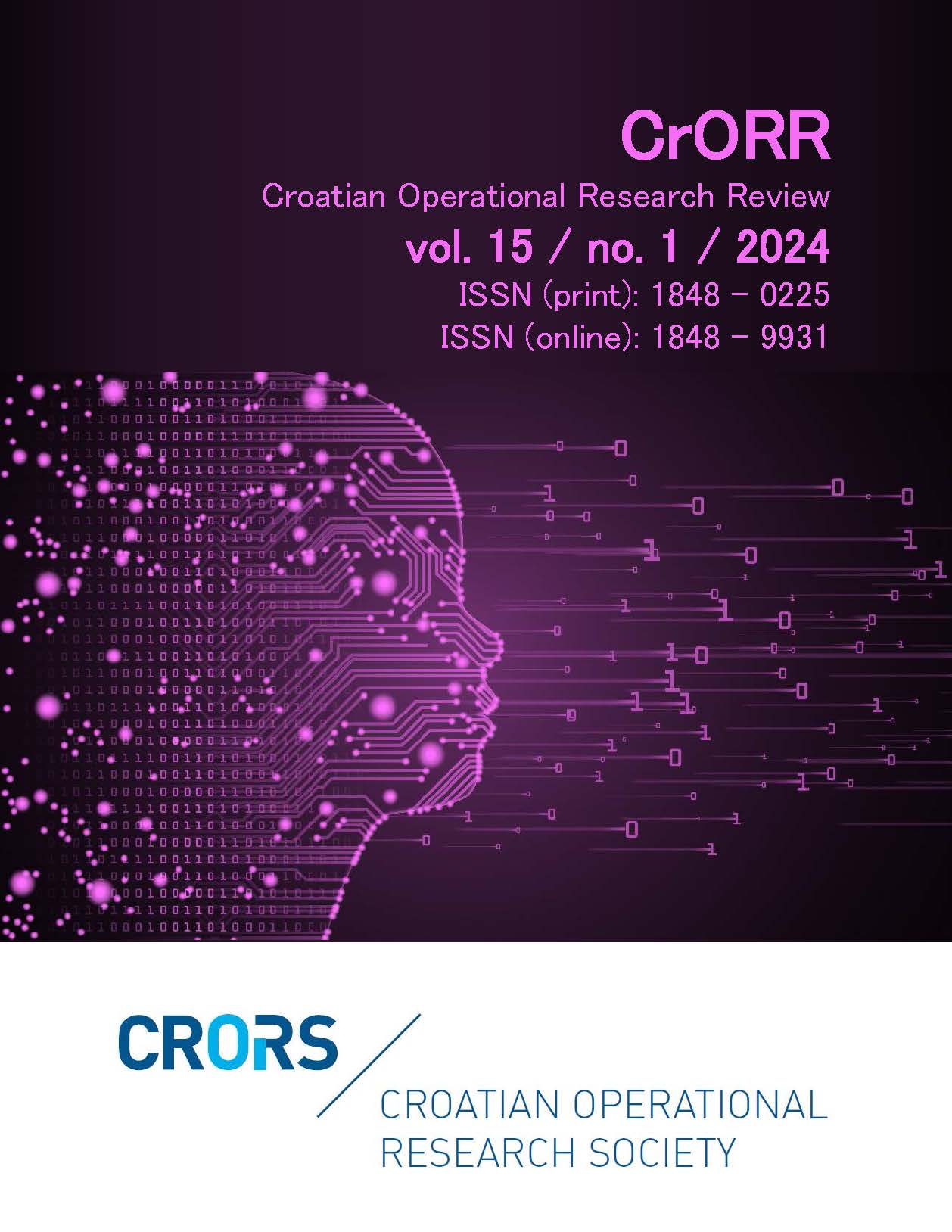Quantifying the effects of expectation variability on economic dynamics: insights from the Dornbusch overshooting model
Abstract
The article applies the famous Dornbusch "overshooting" model to investigate the impact of different types of expectations on economic model stability. We tested the well-known Dornbusch model with discrete variables. Initially, we established a foundational model, employing simulations to illustrate the impact of each parameter within the model on the overall solution, starting from an initial value. Subsequently, we explored the influence of different expectation types on the stability of the steady state vector, considering simple, static, adaptive, and rational expectations (Muth-type rational expectation and perfect foresight). It was observed that static expectations and perfect foresight did not contribute to stability. In the case of simple, adaptive, and rational expectations, the stability conditions (parameter combinations) are the same as the stability conditions for the steady state vector of the baseline model. This condition is restricted to four parameters: two related to the interest rate, one to the foreign-domestic price level and one to the adjustment speed. We also run a simulation to show how the inclusion of each type of expectation leads to a change in the global solution of the model for a given initial value.
Downloads
Published
Versions
- 2024-05-27 (2)
- 2024-05-27 (1)
Issue
Section
License
- Authors retain copyright and grant the journal right of first publication with the work simultaneously licensed under a Creative Commons Attribution License that allows others to share the work with an acknowledgement of the work's authorship and initial publication in this journal
- Authors are able to enter into separate, additional contractual arrangements for the non-exclusive distribution of the journal's published version of the work (e.g., post it to an institutional repository or publish it in a book), with an acknowledgement of its initial publication in this journal.
- Authors are permitted and encouraged to post their work online (e.g., in institutional repositories or on their website) prior to and during the submission process, as it can lead to productive exchanges, as well as earlier and greater citation of published work (See The Effect of Open Access).


